Top ancient nations that appeared earliest in human history #2
Humans appeared on Earth about 200,000 years ago and went through many stages: tribes, primitive communes, city-states... until the formation of nations about 5,000 years ago. In history, there are many powerful ancient countries that are the cradle of civilization such as Egypt, India, Greece, China, Rome... Let's join Toplist to get to the Top 15 ancient countries appeared earliest in human history.
Ancient Babylon
According to the Chronicles, Babylon was originally a stronghold during the Akkadian Empire. After the fall of the Akkadian Empire, the lands of the Akkadian Empire gradually became other ancient states, including ancient Babylon, the Assyrian Empire and the Hittite Empire. The first dynasty of ancient Babylon began in 1894 BC, when the Assyrian Empire moved to invade Asia Minor, and ancient Babylon rose to independence. 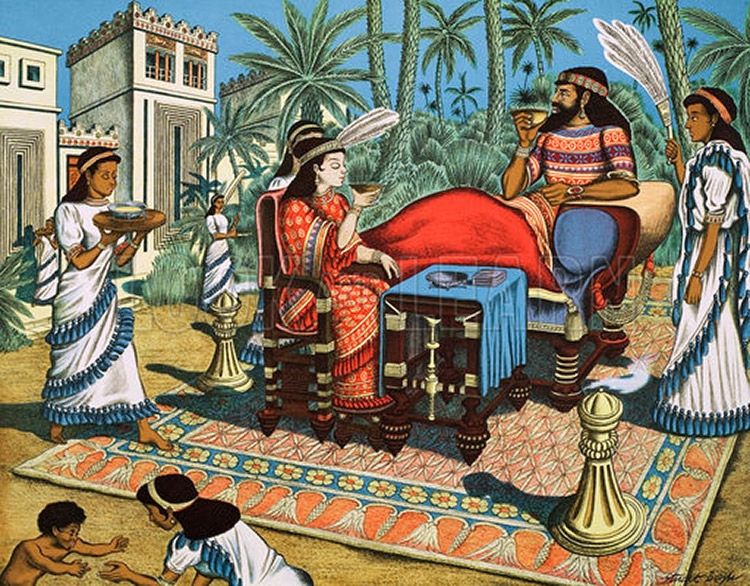
Ancient Babylon was located in present-day Arabia, about 85 km from the Iraqi capital Baghdad. Ancient Babylon was the largest city in the world during the period 1770-1670 BC, the first city with a population of over 200,000 with the famous Hanging Gardens of Babylon ranked by UNESCO as one of the 7 Wonders of the Ancient World.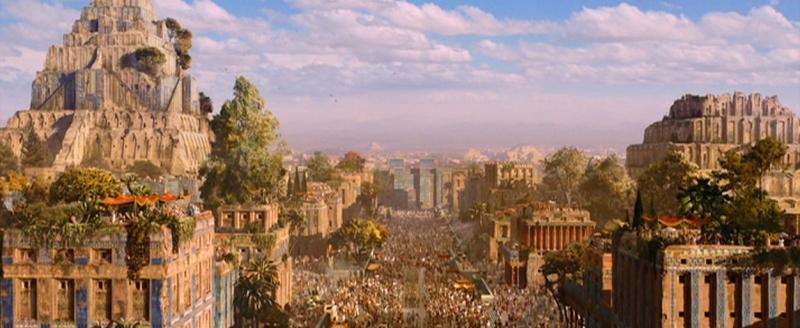
Ancient Babylon had two powerful periods: The first period (1770-1670 BC) was when ancient Babylon invaded the Assyrian Empire and the second period, after a period of reverse invasion by the Assyrian Empire. In contrast, ancient Babylon was restored in the period 612-550 BC, also known as the Neo-Babylonian period. Under the reign of King Nebuchadnezzar II of New Babylon, ancient Babylon was extremely powerful and invaded Jerusalem, bringing many Jews back as slaves. In 539 BC, ancient Babylon was invaded by the founder of the Persian Empire: Cyrus the Great, and from then on, ancient Babylon completely collapsed.
Hittite Empire
One of the three empires that divided Mesopotamia after the fall of the Akkadian Empire was the Hittite Empire. The Hittite empire began to form around 1,600 BC, in the Northern Mesopotamia region that is today part of Turkey, Syria, and Lebanon. Little is known about the Hittites other than biblical references and fragmentary accounts from Egypt until the late 19th century CE when excavations began at Boghaskoy (modern-day Bogazkale, Turkey). , which was once the site of Hattusa, the capital of the Hittite Empire.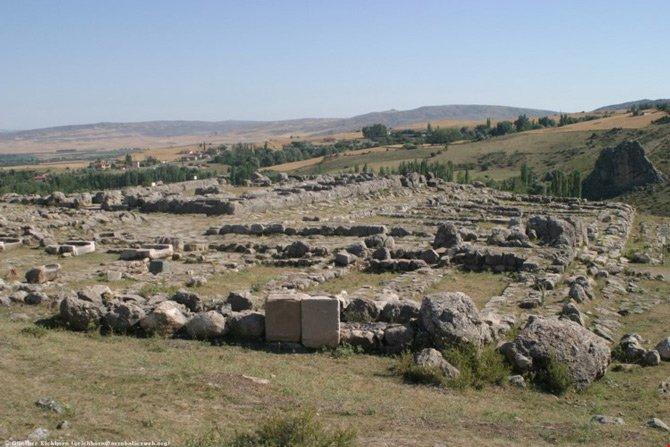
The peak of the Hittite Empire was around the 14th century BC, when the Hittite Empire fought many wars with Egypt and the Assyrian Empire to control the Near East. Not lasting as long as ancient Babylon and the Assyrian Empire, the Hittite Empire collapsed in 1,178 BC, when it disintegrated into many independent cities, before being completely absorbed by the Assyrian Empire later.
Ancient Carthage
Ancient Carthage was founded around 814 BC, also known as the Carthaginian Kingdom. Ancient Carthage had territory along the northern coast of Africa, extending into the French and Spanish areas that would later become part of the Roman Empire. At that time, ancient Carthage was a rival nation to ancient Greece and the later Roman Empire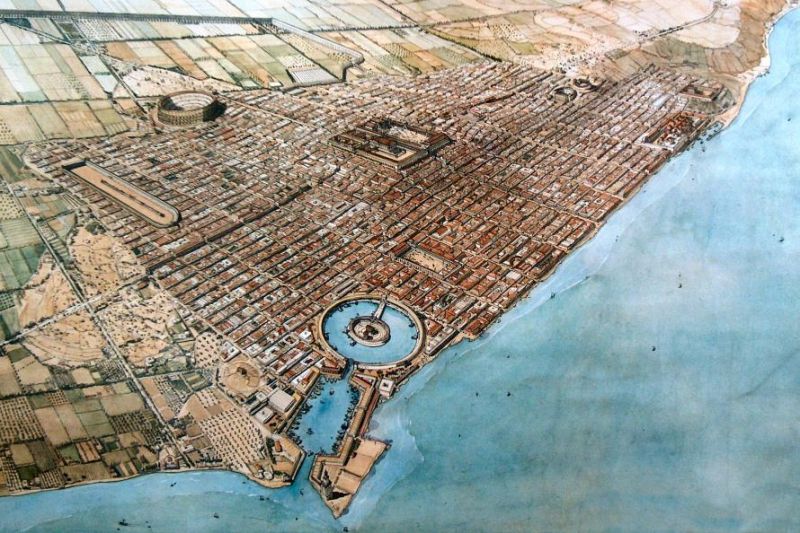
Ancient Carthage fought stubbornly with the Roman Empire, fighting three Punic Wars (the Romans called the Carthaginians Punic because they were descendants of the Phoenicians). At the end of the Third War, after more than a hundred years and the deaths of hundreds of thousands of soldiers on both sides, the Roman Empire conquered ancient Carthage and razed the city. Ancient Carthage ended in 146 BC.
Roman Empire
The Roman Empire began to exist on the Italian peninsula in 753 BC. In Roman legend, the first king of the ancient Roman Empire was Romulus - the man after whom Rome was named. The ancient period went through 7 kings and the last king, Tarquin, was deposed in 510 to move to the republican period, opening a new era of the Roman Empire.
During the republic, the principle of separation of powers in the republic began to appear, the Senate held the power to decide everything and the leaders were two consuls with equal power. This is an advanced political institution aimed at limiting dictatorial power, and is one of the foundations for contemporary modern politics.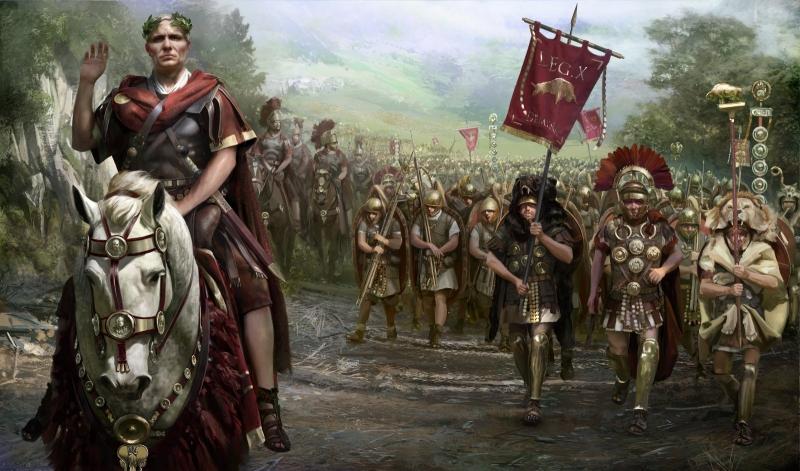
Under the republic, the Roman Empire expanded its territory, defeating Carthage, Macedonia, Greece and the barbarian tribes in the north in the area of current England, France and Germany. One of the most famous leaders of the Roman Empire was Julius Caesar, then one of the two consuls, along with Pompey Magnus. Together with another force, Marcus Crassus, those three created the 1st Triumvirate Alliance.
The death of Crassus brought down the Triumvirate, Julius Caesar defeated Pompey Magnus to become the supreme power of the Roman Empire. Afterwards, Julius Caesar appointed himself "Dictator for Life", which was the foundation for the collapse of the republic.
Shortly after that, Julius Caesar was assassinated right in the Senate House. The power of the Roman Empire split and three new figures emerged: Caesar Augustus - adopted son and designated heir of Julius Caesar, Marcus Antonius - supreme general, right-hand man of Julius Caesar and Marcus Aemilius Lepidus - a great Roman nobleman. These three people formed the 2nd Three Heroes Alliance. After Aemillus Lepidus was defeated, Julius Caesar took control of Rome, forcing Marcus Antonius into Egypt. Marcus Antonius married Queen Cleopatra and fended off attacks from Rome but ultimately failed. The Roman Empire annexed Egypt and Caesar Augustus became the first emperor of the Roman Empire, and the republic collapsed.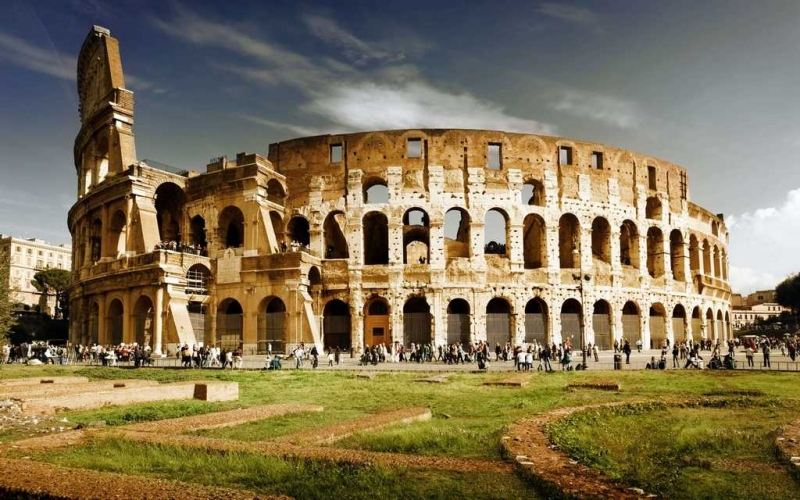
The Roman Empire was a large civilization, with many famous architectural works such as the Colosseum of Rome. The Roman Empire also contributed to humanity an advanced political and legal system, which is the foundation of Western politics, as well as many important contributions to military science. The literature and mythology of the Roman Empire were inherited from Greece but used Latin letters, and Latin letters are the foundation of modern languages, used by many countries around the world, in That includes Vietnam. Regarding religion, during the Roman Empire, a figure born in Jerusalem preached everywhere, that is Jesus Christ, and from there Christianity was born. Today, Christianity, along with Islam and Buddhism, is one of the three largest religions in the world.
The Roman Empire collapsed due to lack of control over the colonies, losing favor with the people, especially the Barbarian uprising and Viking attacks in the Northern region, but the birth of Heaven Christianity was also part of the fall of the Roman Empire. The Roman Empire was divided into Eastern and Western Roman Empires in 285, before their colonies were divided into many countries such as England, France, Prussia... and the Holy War with the Kings. The Muslim kingdom in the Middle East broke out, opening the dark Middle Ages in Europe.

















![[LIVE] Engage2Earn: Veterans Affairs Labor repairs](https://cdn.bulbapp.io/frontend/images/1cbacfad-83d7-45aa-8b66-bde121dd44af/1)



